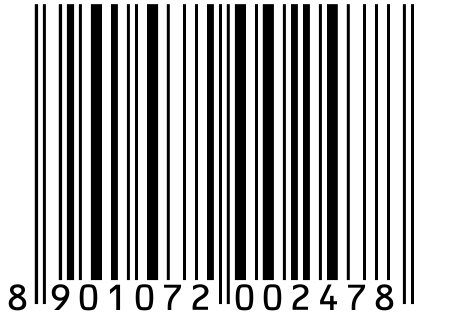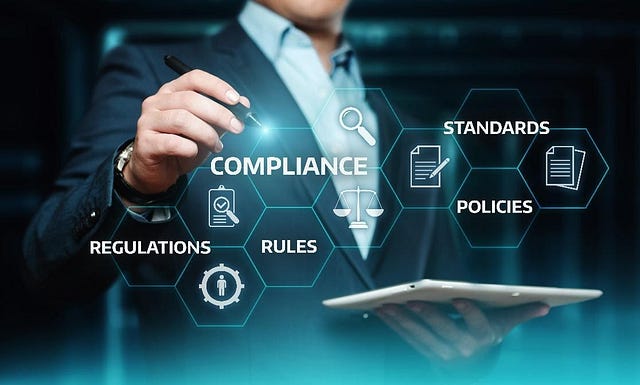Having spent a lot of years visiting retail stores and outlets, we all must have witnessed a barcode on the packaging of the product that displays a specific pattern of stripes. What we also do notice is that these lines are composed of some numbers or codes which are framed to be scanned by optical readers. Since the lines correspond to a list of numbers, it gets easy to look up any product with a barcode simply by matching those numbers to an entry which is made in a database at the check-out of a retail store.
It is interesting to note here that barcodes also play a key role in supply chains, enabling parties like retailers, manufacturers, transport providers, etc., to automatically identify and track products as they move from manufacturing units to the consumer, and hence enable product recalls, detect counterfeits, etc..
What is a genuine barcode number?
As we understand the many benefits of barcode numbers, it is important to know that not all barcode numbers can provide these benefits. In case, you are trying to list your products with retailers or online marketplaces, detect counterfeit, enable product recall and protect consumers from fake replicas, products have to be labelled with globally unique product codes called GTINs — Global Trade Item numbers
Globally, GS1 is the only official provider of GTINs (EAN/UPC) barcode numbers. The standards organisation has been helping companies since 1973 to identify their products & manage supply chain efficiency when the very first barcode was ever registered.
In India, GS1 India is the only authorised body to issue unique barcode numbers to the company for use on products. These numbers start with ‘890’.

Today, GS1 GTINs are necessary for most online and traditional retailers, including Amazon, Flipkart, Reliance Retail, Future Retail, eBay, Alibaba, Google, Carrefour, Tesco and Walmart, etc.
For a long time, barcode numbers were optional in retailers’ product catalogues but with changing times and an ever-expanding product catalogues, it has become essential for retailers and online marketplaces to ensure that each product has a unique product identity, also referred as the barcode number of the product.
This enables them to achieve a smooth flow of various business processes including listing and selling products, and keep a track of inventory as it passes through different stages of the supply chain. Although many companies still rely on manual methods and guesswork for tracking their assets, using automatic programs for asset tracking can really nudge out inefficiencies.
GS1 barcode numbers help meet compliance mandates too….

Various national and international regulations currently require and endorse the use for unique GS1 barcode numbers on products.
National regulatory requirements such as:
- Delhi Excise department uses barcodes on liquor for authentication
- Ministry of Health & Family Welfare’s Medical Devices Rules 2017, states global trade item number (GTIN) for medical devices
- DGFT Public Notice №52 2015/2020 mandates use of GS1 barcodes on exported medicines to facilitate track & trace and authentication
International regulatory requirements such as:
- The US. FDA Regulation for Unique Device Identifier (UDI) for medical devices
- EU Regulations on medical devices and on in-vitro diagnostics
- Other regulations, including the Russian Federation law which will be in full force as of January 1, 2020; the EU Falsified Medicines Directive (FMD) which went into full force on February 9, 2018; the Drug Supply Chain Security Act (DSCSA) where serialization mandate went into effect on November 27, 2018
Benefits of barcodes — In summary
Barcodes help you:
- To use them on Amazon, eBay, Alibaba, Google, other marketplaces and retailers. The unique GS1 GTINs will be valid for all major marketplaces and retailers
- Do business globally — As a global standards organisation, GS1 barcodes work everywhere in the world, enabling to list product at global e-tailers
- Reach consumers directly with the Smart Consumer App
- Use free barcode management tool called ‘GS1 India’s DataKart’
- Meet compliance requirements
- Enhance your product’s online search results
- Facilitate inventory management
- Help shoppers compare and buy products more easily and authenticate product information whenever required
How to get a unique barcode number for your products?
It is easy to get your own barcode number:
You may find a lot of websites selling GS1 barcodes, refrain purchasing from such sources that are not directly issued by GS1 India. While the offer seems lucrative at first, the consequences of buying barcodes from unauthorized sources can impact your business adversely in the long run.
Read more at: The business impact of buying barcodes from unauthorized sources
Comments
Post a Comment